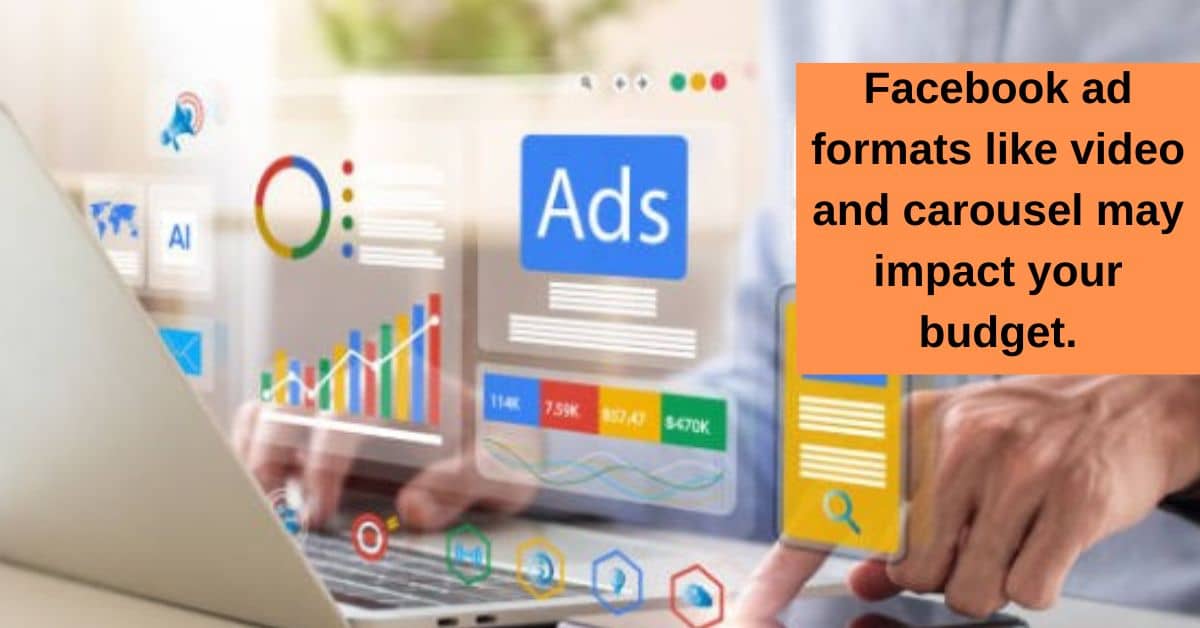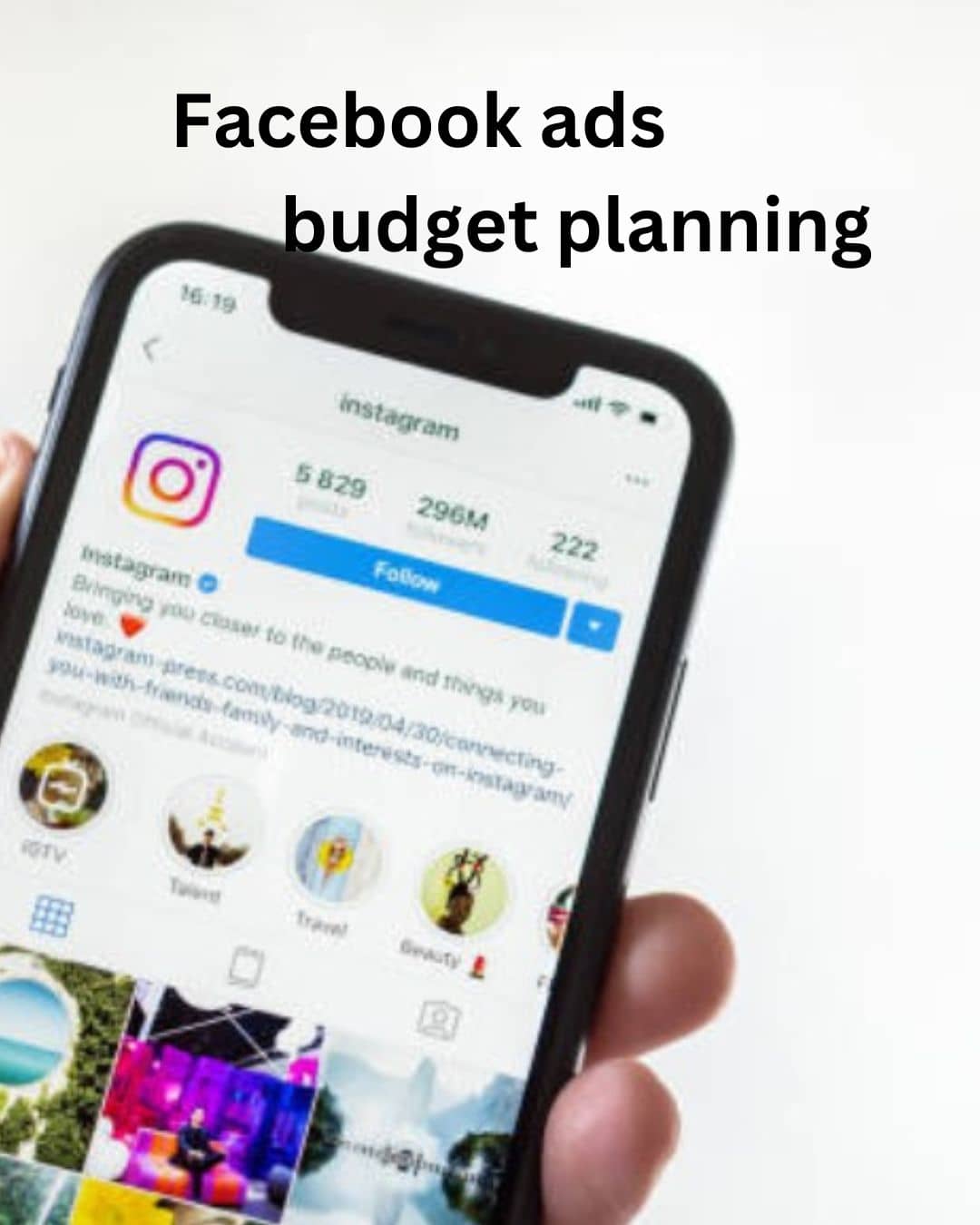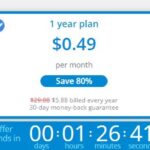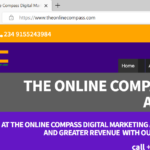How Much Should You Budget for Facebook Ads?
Are you wondering how much you should budget for Facebook ads? Well, you’re not alone! Facebook advertising can be a game-changer for businesses, but the key to getting the most out of it lies in planning your budget carefully.
In this blog post, I’ll walk you through everything you need to know about budgeting for Facebook ads—from the factors that affect your ad costs to practical tips that will help you get the best return on investment.
What Influences the Cost of Facebook Ads?
Let’s start with the basics—what factors influence how much you’ll pay for Facebook ads? Well, a few things come into play.
1. Audience Size and Targeting
If you’re targeting a specific audience—say, by age, location, or interests—the more narrow your focus, the more competitive the ads become. That’s because you’re competing with other advertisers for the same audience, which increases costs.
2. Ad Format
Facebook offers many ad formats—like carousel ads, videos, single images, and lead forms. Some formats, like video ads, tend to cost more, but they often deliver better engagement and results.
3. Campaign Objective
Your campaign objective also affects your costs. Conversion campaigns, for example, are optimized to drive sales or leads, which makes them more expensive than simple awareness campaigns.
4. Industry Competition
If your business operates in a competitive field—like real estate or insurance—expect higher ad costs. These industries attract a lot of advertisers, which drives up the competition.
5. Ad Placement
Lastly, where you place your ads matters. Facebook lets you run ads on its platform, Instagram, Messenger, and even its Audience Network. Costs can vary depending on the platform, with Instagram ads often being a bit more expensive.
So, how much should you spend? Let’s break it down by campaign type:
- Awareness Campaigns: $5 to $10 per day.
- Engagement Campaigns: $10 to $20 per day.
- Lead Generation Campaigns: $20 to $50 per day.
- Conversion Campaigns: $50 to $100 or more per day.
For small businesses, starting with $300 to $500 per month is a good idea. As you run your campaigns, you can increase the budget based on what’s working.
Now, let’s get into how you can calculate your budget step-by-step.
1. Define Your Goal
The first step is to decide what you want to achieve. Are you looking to generate leads? Boost brand awareness? Or maybe drive more sales?
Your goal shapes your budget because different objectives require different levels of spending.
2. Estimate Your CPA (Cost Per Action)
Next, calculate your cost per action. How much will it cost to get someone to click, submit a form, or make a purchase? Facebook offers benchmark data for various industries that can help you get an idea.
3. Set Your Target Reach or Lead Volume
Now, determine how many leads or conversions you want. For example, if your CPA is $10 per lead, and your goal is to get 100 leads, your total budget will need to be $1,000.
4. Allocate Daily or Monthly Spend
It’s important to break your budget into daily or monthly spend. If your total budget is $1,000 per month, that translates to about $33 per day.
5. Budget for Testing and Optimization
Finally, make sure to set aside 10 to 20% of your budget for A/B testing. Testing different creatives, headlines, and audiences is essential to finding what works best.
How to Maximize ROI with Your Facebook Ads Budget
Now, let’s talk about how to get the most out of your ad spend and increase your ROI.
1. Use Lookalike Audiences
Facebook allows you to create lookalike audiences—these are new people who resemble your existing customers. This increases your chances of finding high-quality leads.
2. Retarget Lost Leads
Retargeting ads help you reach people who interacted with your business but didn’t convert. For example, if someone visited your website but abandoned their cart, a retargeting ad can remind them to come back and complete the purchase.
3. Monitor Ad Frequency
Keep an eye on your ad frequency—if your audience sees your ad too often, they might get tired of it, which can hurt your performance. Adjust as needed to avoid ad fatigue.
3. Monitor Ad Frequency
Finally, make sure to regularly test and optimize your ad copy and visuals. Continuous improvement is key to long-term success with Facebook ads.
Common Budgeting Mistakes to Avoid
Now, let’s cover a few common mistakes to avoid when budgeting for Facebook ads:
- Not Testing Creatives and Audiences: Testing is essential for figuring out what resonates with your audience
Ignoring Performance Metrics: Keep an eye on metrics like CTR, CPC, and ROAS to see how your ads are performing.
Setting Unrealistic Goals: Be realistic—expecting hundreds of leads with a small budget isn’t practical.
Over-Focusing on a Single Campaign Objective: Mix up your objectives to ensure sustainable growth over time.
Conclusion: Set the Right Facebook Ads Budget for Your Business
In summary, budgeting effectively for Facebook ads is the key to maximizing your results. Start with a smaller budget and scale up as you see what works.
Keep your goals in mind, monitor performance, and allocate some budget for testing and optimization. With the right approach, Facebook advertising can deliver excellent returns for your business.
FAQ: Frequently Asked Questions About Facebook Ads Budgeting
1. How much should I spend on Facebook ads per day?
A good starting point is $10 to $20 per day, especially for small businesses.
2. Is $5 a day enough for Facebook ads?
Yes! $5 a day can work for awareness or engagement campaigns, but conversion campaigns may need a larger budget.
3. How do I reduce Facebook advertising costs?
Use A/B testing, optimize audience targeting, and focus on retargeting to lower your ad costs.
4. How do I know if my budget is working?
Track your CTR, CPC, and ROAS—if your ROAS is positive, it means your ads are generating more revenue than they cost.
Call to Action: Get Expert Help with Your Facebook Ads Budget
If you need help planning your Facebook ads budget or want to run high-performing campaigns, book a free consultation with our team today! We’ll guide you every step of the way to ensure your ad spend delivers results.












